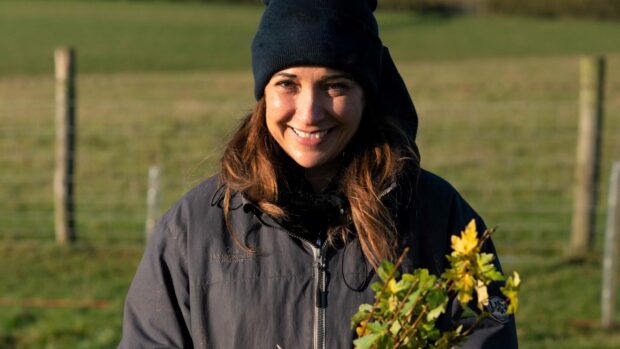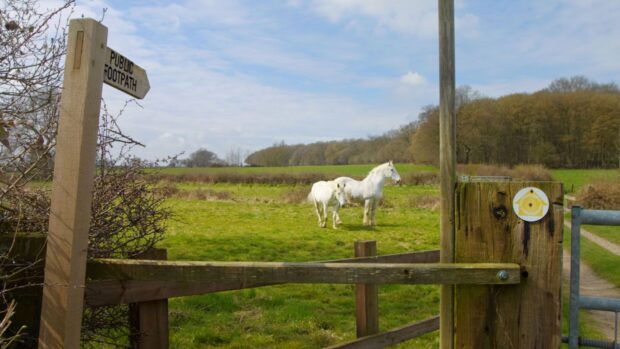Q: A neighbour has asked if he could rent our 10-acre field. He wants to put some stables up, and says he will apply for planning permission. Our solicitor, who is not horsey, is not keen for us to put anything in writing as it would make us responsible for any problems. I am sure there is a way round this and would be grateful if you could suggest what we should include in a rental agreement. I would also like to know if our neighbour can apply for planning permission for our land, and what type of permission he may need.
A: Your solicitor’s negativity may be because there are many pitfalls relating to property law, as planning consultant Judith Norris explains: “If you allow someone to use your land for anything other than grazing — for which a licence can be granted — you must enter into a full contractual arrangement for a clear term and for a rent.
“This is likely to be described as a business tenancy because it will fall outside the terms of a farm business tenancy, as horses are not considered agricultural.”
Judith advises first establishing a clear agreement on how your land will be used and what will happen at the end of the lease. Areas to consider include: design of the stabling, access, use of the field (private or commercial), operational issues such as pollution, care and management of the horses and who will remove stabling and the muck heap.
“The lease itself needs to be drawn up to ensure that no statutory protection is granted to the tenant,” adds Judith.
With regard to planning permission, Rebecca Wilson MRICS of the Equine Consultancy Group says: “Anyone can apply for planning permission on anyone else’s land with or without their consent, but the owner must be notified using a prescribed form.
“Grazing horses is an accepted use in planning terms, as it comes under the legal planning definition of ‘agriculture’. However, as soon as the land is used for riding, jumping or even horses who are turned out, but their means of nutrition is not primarily grazed grass, then case law has held that planning permission is needed for a change of use.
“Conditions limiting the use of the field are usually imposed by the local authority.”
“If stabling is being sought, then a change of use of at least some of the grazing land is usually applied for in the same application. The fee for planning permission depends on the size of the stable block being sought.”
Both experts stress that a refused planning application may blight the property.
Judith says: “The option of letting the land as grazing, perhaps with permission for a mobile field shelter, would be easier to monitor and manage.”
- Judith Norris Limited (tel: 01580 201888) www.judithnorris.co.uk
- Equine Consultancy Group (tel: 01666 880120) www.equineconsultancygroup.co.uk



